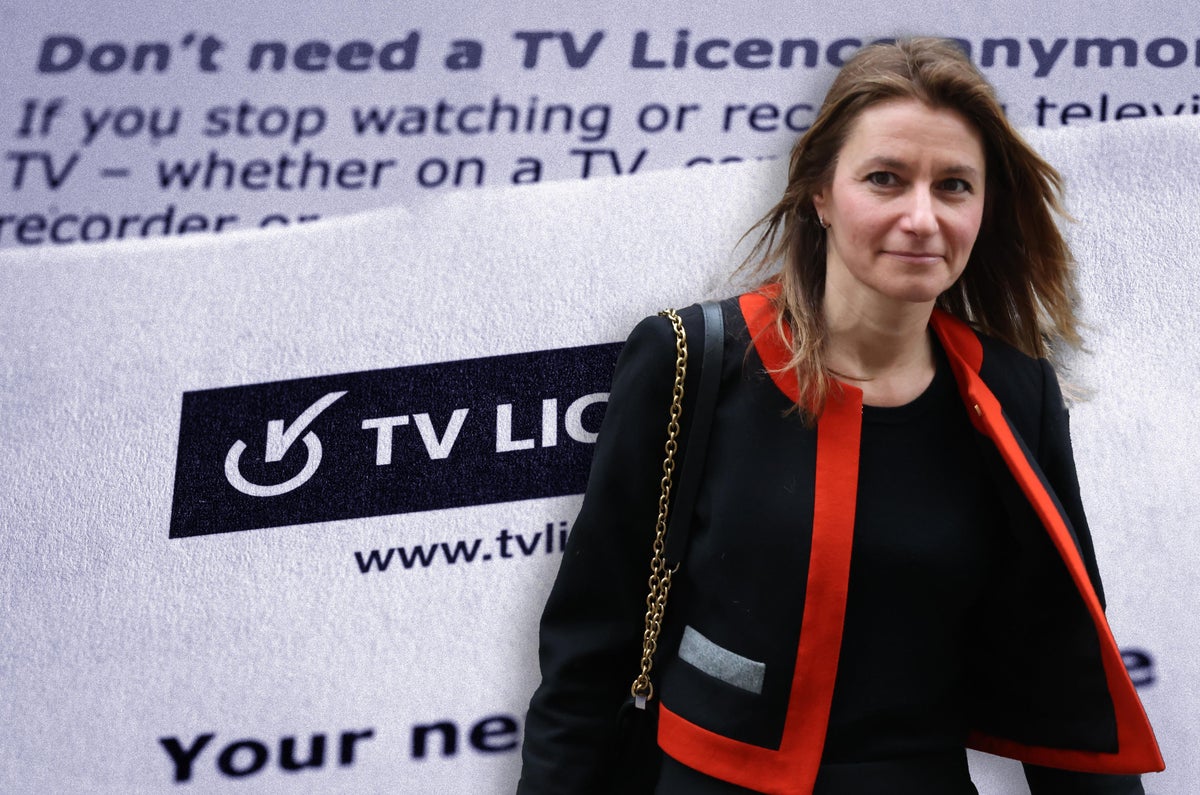
Anyone who streams or watches live programmes in Britain must pay an annual TV licence -- but a debate has been rumbling for some time as to whether the fee is good value for money any longer.
For the past two years the BBC’s TV licence has been frozen at £159, with an agreement it would rise in line with inflation from April, and in the three years after that.
On Thursday, the Culture Secretary Lucy Frazer confirmed the BBC licence fee will rise by £10.50 to £169.50 a year,
The licence was expected to increase by 9% – which would have resulted in a hike of around £15 from April 2024.
However, speaking in the Commons, Ms Frazer said the increase will instead be based on September’s consumer prices index (CPI) rate of inflation, which was 6.7%. This will mean an increase of £10.50 to £169.50 per year.
The licence fee pays for BBC services including TV, radio, the BBC website, podcasts, iPlayer and apps. Its existence is guaranteed until the end of 2027 at least by the BBC’s royal charter, which sets out its funding and purpose.
With the debate around the TV licence thrust back into the limelight, we want to know if you think the fee represents good value for money at £169.50 a year? Is the hike something you’re happy to pay for to maintain the BBC’s output?
Or are you keen to see the TV licence scrapped altogether? Would you be happy to see ads on the broadcaster’s TV and radio channels if it meant the fee was axed?
If you want to share your opinion then add it in the comments and we’ll highlight the most insightful ones as they come in.
All you have to do is sign up and register your details - then you can then take part in the discussion. You can also sign up by clicking ‘log in’ on the top right-hand corner of the screen.
Make sure you adhere to our community guidelines, which can be found here. For a full guide on how to comment click here.
Join the conversation with other Independent readers below or by clicking here.







